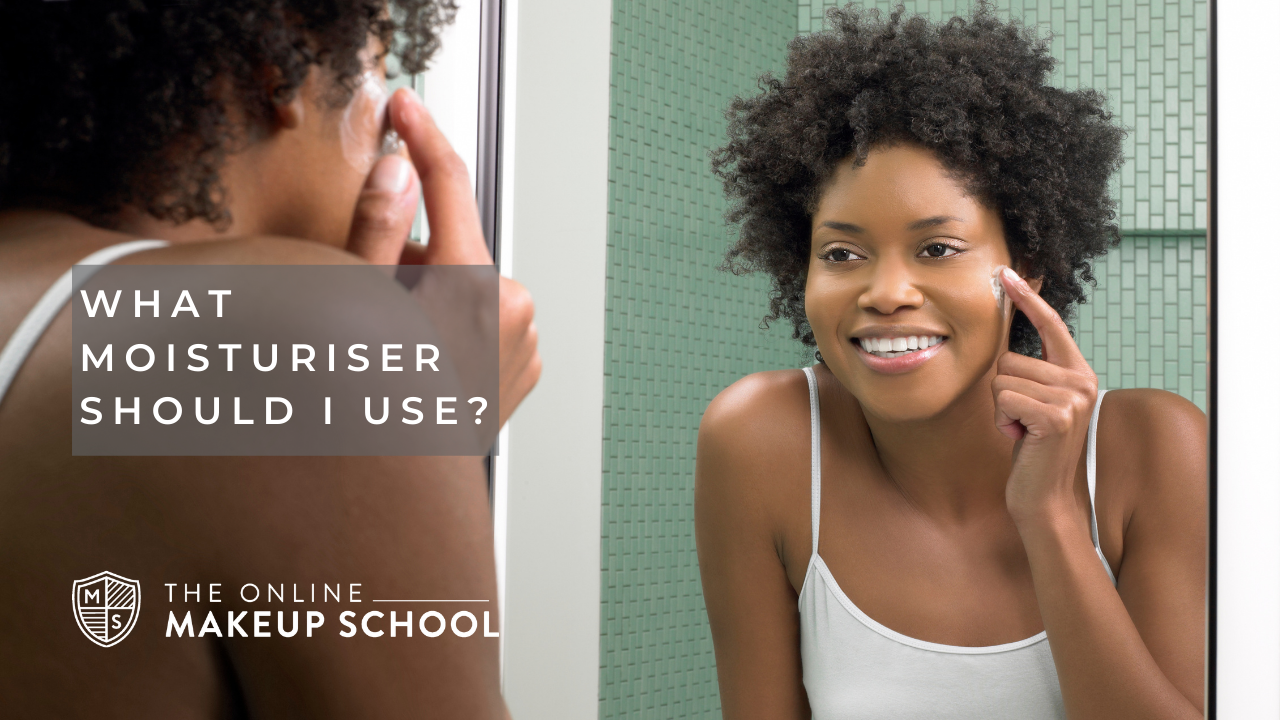What Moisturiser Should I Use?
Dec 16, 2020
Moisturiser is meant to help keep your skin’s oil and water at the right levels. Our skin has evolved to be quite good at naturally moisturising itself, and a lot of people who don’t have issues with their skin don’t need moisturiser…. But for those of us who aren’t so lucky, moisturisers can help us deal with all the things that throw our skin out of whack like changing weather, humidity levels, skincare routines and sun exposure.
There are two things that your moisturiser should do: compensate for lack of oil
(dryness) and compensate for lack of water (dehydration). Most moisturisers contain
ingredients to do both.
Brands will market their moisturisers for dry skin or oily skin. However, different brands have different ideas about what an oily skin type is or what makes a product good for dry skin, so it’s risky to rely on those labels alone. The best way to find the right moisturiser is to learn how to read ingredient lists.
Ingredients are listed in decreasing order by weight, so there is more of the first ingredient,
then less of the second, and so on down the list. If we are just looking at moisturisation and not active ingredients, you can generally look at just the first five ingredients and ignore the rest because there are not enough of the other ingredients in that product to really impact your skin.
So What Moisturiser Should I Use?
If your skin is dry, you will want to look for a product that has a lot of emollients and occlusives. Emollients sink into your skin and smooth it out, combating dryness. They’re
usually oils. Examples of emollients in skincare include plant oils like jojoba oil, sunflower,
safflower, olive oil, rosehip oil, natural skin components like cholesterol and ceramides, and stearate and oleate esters.
Occlusives are ingredients that form a slightly waterproof layer on your skin to help seal water in and slow evaporation. The layer isn’t truly waterproof - think of it more like putting a damp cloth on pasta to stop it from drying out, rather than sealing it in with airtight clingfilm. Occlusives are usually oils, and most oils are at least slightly occlusive if you use a lot. Some
occlusive ingredients you’ll find in skincare are mineral oil, petrolatum or petroleum jelly,
paraffin, lanolin, dimethicone, and butters and waxes.
Occlusives are also great for dehydrated skin, but you’ll also need some water to seal in. As
well as just plain water, you’ll want humectants. Humectants are ingredients that stick to water and slow it from evaporating - they even feel sticky too! Humectant ingredients include glycerin, hyaluronic acid, butylene and propylene glycols, honey and hydrolysed proteins.
For oily skin, it’s a good idea to avoid moisturisers with lots of occlusives and emollients during the day so you don’t end up looking too shiny. Instead, look for humectant ingredients like glycerin and hyaluronic acid that will help hydrate the skin, without the oily feeling.

Lorem ipsum dolor sit amet, consectetur adipiscing elit. Cras sed sapien quam. Sed dapibus est id enim facilisis, at posuere turpis adipiscing. Quisque sit amet dui dui.
Stay connected with news and updates!
Join our mailing list to receive the latest news and updates from our team.
Don't worry, your information will not be shared.
We hate SPAM. We will never sell your information, for any reason.

